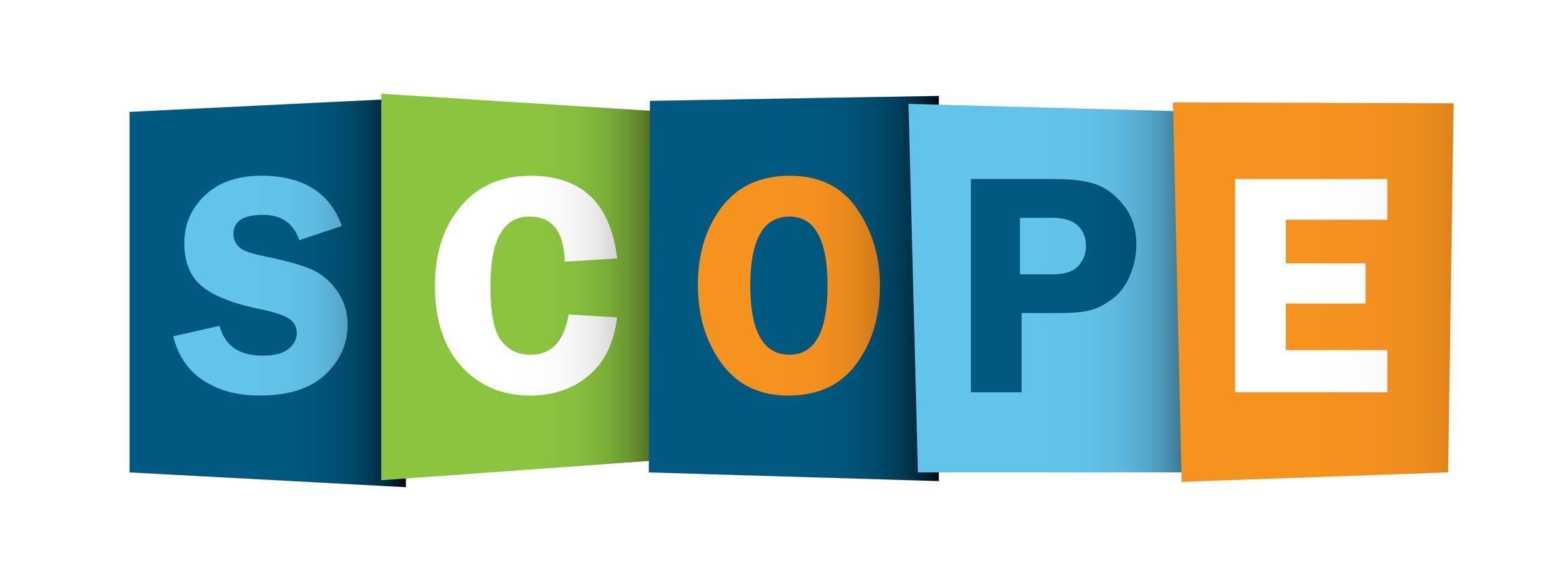Hello and Welcome, in this post, you are learning Project Management Phases and Processes and Project Management Process Steps.
You will get useful information on different types of phases like Initiation, Planning, Execution, Monitor and Control, and last, is Close.
So in this useful blog post, you will get knowledge about Project Management Phases and Processes.
WHAT’S IN IT
1. Overview Phases of Project Management

Project Management is very important for to complete a Project successfully.
So, what is Project Management? “Project and business Management is the discipline that helps you put in place various processes, various methods of knowledge, skills, and experience for achieving success.
The objectives of the unit project are how we would define Project Management so all about Project Management.
Another important question is, why is this essential? It is essential because every work needs to be Managed.
So a project is part of Business and works which are needed to be managed this work and much more reason for this concept.
Project management is divided into 5 Stages and Phases. The first stage and phase is Initiation, Second Phase of Project Management is Planning.
After these phases, the next steps are Execution, Monitor, and Control, and the last one is Closing.
2. First Phases of Project Management – (Initiation)
The First Phase of PM is Initiation, and this is any project’s First Step. So the Initiation is like Preparing a Proper Plan.
Each of those items could mean talking about the Diesel Knowledge area plan and working out on the three key things, which are hope, time, and costs, which will protect their Baseline.
The Baseline means approved and signed version of that score baseline, also the benchmark is like Approved Costing of the Project Schedule baseline and more.
Most important Two Documents in this phase are Business Case and Feasibility Study.
1.Business Case:-
A business case is a very Important Document during the early stage and phase of a project (Initiation).
The business case’s most essential elements are Strategic Context, Commercial Approach, Financial Matter, Management Approach, etc.
This phase of the business case justifies the needs for the Project and to Analyze Return on Investment.
2.Feasibility Study:-
A Feasibility Study is a second Important Document during the first stage and phase of a project (Initiation).

The feasibility study discusses the project goal and how to complete the project in the Timeline, and So need to Evaluate and cost and more things.
A divided feasibility study into five types.
Types of Feasibility Study
- Technical Feasibility
- Economic Feasibility
- Legal Feasibility
- Operational Feasibility
- Scheduling Feasibility
3) Second Phases of Project Management – (Planning)
Planning is an important part of any Business and a Project without a Plan, is not a complete project.
It is the second step and phase of project management.
Planning is similar to the growth study of the Project and how to Complete the project Successfully.
It is the next step after approval so this is to assemble a project team and start planning how to manage the project.
The project planning needs resources, so this resource is Scope, Definition, Tasks, Schedule, Cost, Quality, Organization, Staff, Communications, Risk and Procurement, etc.
- In this part, discussion about further plans of this project and further scope of this project is done.
The project team will draft a written scope and further statement that is a need for the project and what are the deliverables and objectives of the project.
- Definition: This part makes a plan about what’s the description of the project and how to do work.
- Tasks:- Project team discusses how to complete the tasks. There are many tasks in a project, so in this case, it is very important to know if all tasks are completed.
- Schedule:- Schedule is to determine the duration of the tasks, and set dates and timelines for their completion.
- Cost:- This is a significant part of any project, it plans to calculate a project cost and budget.
- Quality:- In this part Project product quality is discussed.
- Staff:- What are the roles and responsibilities of the project staff and team?
- Communications:- Team plans about how to manage communication, and its frequency.
- Risk:- Determine the risk and solutions of this risk and problem. What will be needed for safety from this risk?
- Procurement:- In this part the team makes a plan about the purchase of the project.
4) Third Phases of Project Management – (Execution)
The most important project Management phase and the process is the Execution in project management. It is the third phase and stage of PM.
You complete Initiation and make a good plan, but you do not execute this plan, so that is useless, so Execution is most important.
Execution is the Implementation of the Plan. So it is a very long process and phase.
Many points are included in tasks completed during the Execution Phase.
Tasks completed during the Execution Phase and Processes include this.
1. Develop Project Team
The first need for the execution of the project is to develop a better team. So After the Development, this team helps you complete a project.
2. Assign Project Resources
Resources for a project are the Cost, Quality, and more So, execute resources for the project.
3. Execute Project Management Plans
Next and most important step to complete task is to execute project management plans.
4. Procurement Management if Needed
After the ‘Execution Project Management Plan’ is Procurement Management If Needed so it manages procurement management for the Project Environment.
5. Procurement Management directs and manages project execution.
In this, part of the project team executes procurement management, so directs and manages project execution.
6. Set up tracking systems for PM
In this step, the team set up Tracking Systems to keep a track on the products and services.
7. Task assignments are executed.
Next, task assignments are executed so different work is assigned to every team member.
8. Status meetings.
The status meeting is to discuss about the project or Task Current Status.
9. Update project schedule
The updated project schedule for project recruitment and so more reasons.
10. Modify project plans as needed
Sometimes the project needs simple and important changes or modifications.
5) Fourth Phases of Project Management – (Monitor and Control)
The fourth phases of project management are to Monitor and Control the PM,
In this phase of the project growth, Execution, and so other many things are monitored.
These phases include some processes so follow these processes in this order:-
1. Reporting
Reporting means analysis of a project like growth conversion and so many things.
2. Scope

In these phases Monitor Scope and control changes.
3. Quality
What’s the quality of the project Service and Product that monitors enter the process.
4. Schedule
In PM team track delays that Impact so the Timeline of the project and adjust to stay on track.
5. Cost
Monitor and control a cost for recruitment projects and Monitor Profit, loss, and so many more things.
6. Risk
Monitor risk and changes in risk throughout the project and respond accordingly.
6) Last Phases of Project Management – (Close)
That’s the last phase of any project that is closing. You complete a project after needing to close this project.
So it is a phase include following process:-
Scope
Make sure to complete your project goals and you complete the plan.
Administration
The administration is very important for the Last Project Management (closing) so outstanding contracts and administrative matters, archive the paperwork and disseminate to proper parties and projects.
7) Conclusion
In this blog, you learn PM Phases and Processes and gain useful information related to PM.
We explain project management and PM Phases and Processes like Initiation, Planning, Execution, Monitor and Control and last is close.
I hope you learn project management processes and phases.
Also you can read our blog on Complete Guide On Agile Project Management With 12 Principles 4 Core Values 6 Steps
8) FAQ’s
PMI stands for Project Management Institute; it is a nonprofit organization (NGO). PMI Provides guidelines for PM and is a Not For Profit professional so membership association for Project Managers and Program Managers.
Project management is important because the project needs management.
And any part of the business without management not properly identifying cost, time, and other more things.
Before making any plan you need research on our project. After the Research, you identify like your Competitor and his Strategy, Coast, Timeline, and other many things so it helps you make a successful plan.
Many benefits of Pm I show you some benefits like you manage cost.



